The Impact of Household Insecticides on Our Environment and Ecosystems
———————————-
Household Insecticides
Insecticides, while beneficial in controlling pests that threaten our homes and gardens, have a significant impact on our environment and ecosystems. Here’s a closer look at how these chemicals affect our world.
The Pervasive Presence of Household Insecticides
Insecticides are widely used in households. A recent survey indicated that a significant percentage of households use at least one pesticide product indoors. The widespread use of these products has led to their pervasive presence in our environment.
Impact on Global Insect Populations from Household Insecticides
The widespread use of household insecticides has been linked to a significant decline in global insect populations.
Declining Insect Abundance – Research indicates that the number of insects on land appears to be decreasing by a lot each year and some say 9%. This decline is attributed to various factors, including habitat loss, climate change, and the use of pesticides.
Increased Toxicity – Modern insecticides are more toxic than their predecessors. Even though there has been a reduction in the amount of pesticide applied to crops by weight, the toxicity of the land to pollinating insects has more than doubled.
Impact on Bees – Insecticides, particularly a type called neonicotinoids, have been implicated in the worldwide decline of bees. Bees play a crucial role in pollination, and their decline can have far-reaching effects on global food security.

Alternatives to Insecticides
Loss of Biodiversity – The decline in insect populations contributes to a loss of biodiversity. Insects play a vital role in various ecological processes, including pollination, nutrient cycling, and pest control. Their decline can disrupt these processes and impact other species that depend on them.
Decline Of Insects by using Household Insecticides
Insecticides have helped control pests and protect crops, their use has also contributed to a significant decline in global insect populations. This highlights the need for more sustainable pest management strategies that balance the need for pest control with environmental conservation.
Impact on Non-Target Species
While household insecticides are designed to control pests, they can also harm non-target species. This includes beneficial insects, birds, fish, and mammals. Exposure to insecticides can lead to population declines in these species, disrupting ecosystems and food chains.
Water Contamination
Insecticides can contaminate water sources through runoff and leaching. This not only affects aquatic life but can also impact the quality of drinking water. Long-term exposure to certain insecticides can have detrimental effects on human health.
Resistance and Bioaccumulation
Pests can develop resistance to insecticides, leading to the need for stronger and more toxic chemicals. Additionally, insecticides can accumulate in the bodies of organisms, a process known as bioaccumulation. This can lead to biomagnification, where the concentration of insecticides increases up the food chain, impacting top predators the most.
Alternatives to Insecticides
Given these impacts, it’s important to consider alternatives to insecticides. This can include integrated pest management strategies, biological control methods, and the use of less toxic products. By making informed choices, we can help protect our environment and ecosystems.
Remember, while insecticides can be useful, it’s essential to use them responsibly to minimize their environmental impact. Always read and follow label instructions, and consider alternative methods of pest control whenever possible. Together, we can make a difference.
Pros
Pest Control – Insecticides are effective in controlling various pests that can infest homes and gardens, providing a quick solution to pest problems.
Disease Prevention – Many pests are carriers of diseases. By controlling these pests, insecticides can help prevent the spread of diseases.
Crop Protection – Insecticides protect crops from pests, ensuring food security.

Water Contamination
Cons
Impact on Non-Target Species – Insecticides can harm beneficial insects, birds, fish, and mammals, leading to population declines and ecosystem disruption.
Water Contamination – Runoff and leaching can lead to insecticides contaminating water sources, affecting aquatic life and potentially impacting the quality of drinking water.
Resistance and Bioaccumulation – Pests can develop resistance to insecticides, necessitating the use of stronger, more toxic chemicals.
Insecticides can also accumulate in organisms, leading to biomagnification up the food chain.
Human Health Risks – Can be harmful on human health.
Remember, it’s essential to use insecticides responsibly and consider alternative methods of pest control whenever possible to mitigate these cons.
The Availability of Household Insecticides
The ready availability of household insecticides is a topic of ongoing debate. On one hand, these products provide a convenient solution for homeowners dealing with pest infestations. On the other hand, their widespread use has significant environmental implications.
Here are some points to consider
Accessibility and Convenience – Insecticides are readily available in most supermarkets and online stores, making it easy for homeowners to tackle pest problems quickly. This accessibility can be particularly beneficial in regions where pests pose significant health risks or property damage.
Potential for Misuse – The ease of access to insecticides also increases the risk of misuse. Without proper knowledge or guidance, homeowners may apply these chemicals inappropriately or excessively, exacerbating their environmental impact.
Lack of Awareness – Many consumers are not fully aware of the environmental and health risks associated with insecticide use. Greater transparency and education about these risks could help consumers make more informed decisions.
Regulation and Control – Some argue that stricter regulations should be in place to control the sale and use of potentially harmful insecticides. This could involve measures such as requiring a license for the purchase of certain products, or implementing stricter labeling and packaging standards.
Readily Available
The ready availability of household insecticides offers convenience, it also presents significant challenges. Striking a balance between accessibility and environmental protection requires ongoing effort from consumers, manufacturers, and regulatory bodies alike. It’s a complex issue with no easy solutions, but with increased awareness and responsible use, we can all contribute to a more sustainable future.
Conclusion
Insecticides, while effective in controlling pests in our homes and gardens, have far-reaching impacts on our environment and ecosystems. Their widespread use has led to a decline in global insect populations, disrupted ecosystems, and contaminated water sources.
Moreover, the potential for misuse and the lack of awareness about their environmental and health risks pose significant challenges.
However, it’s important to remember that we have the power to mitigate these impacts. By using insecticides responsibly, considering alternative pest control methods, and advocating for more sustainable practices, we can help protect our environment and preserve our ecosystems for future generations.
In the end, the decision to use insecticides is a personal one that should be made with a full understanding of the potential consequences. As consumers, we have the responsibility to make informed choices that contribute to a healthier and more sustainable world. Let’s use this knowledge to make a difference.
Join The Discussion
We hope this post has given you some food for thought about the impact of household insecticides on our environment and ecosystems. Now, we’d love to hear from you! Join the discussion by sharing your thoughts and experiences. Have you noticed the effects of insecticides in your local environment? Do you use alternative pest control methods? How do you balance the need for pest control with environmental conservation?
#Insecticides #Environment #Ecosystems #PestControl #Biodiversity #WaterContamination #Bioaccumulation #InsectPopulation #Bees #Pollinators #Toxicity #Pesticides #Conservation #Sustainability #Nature #Wildlife #Pollution #HabitatLoss #ClimateChange #PublicHealth #EcoFriendly #GreenLiving #ResponsibleUse #AlternativeMethods #IntegratedPestManagement #BiologicalControl #Education #Regulation #InformedChoices #MakeADifference

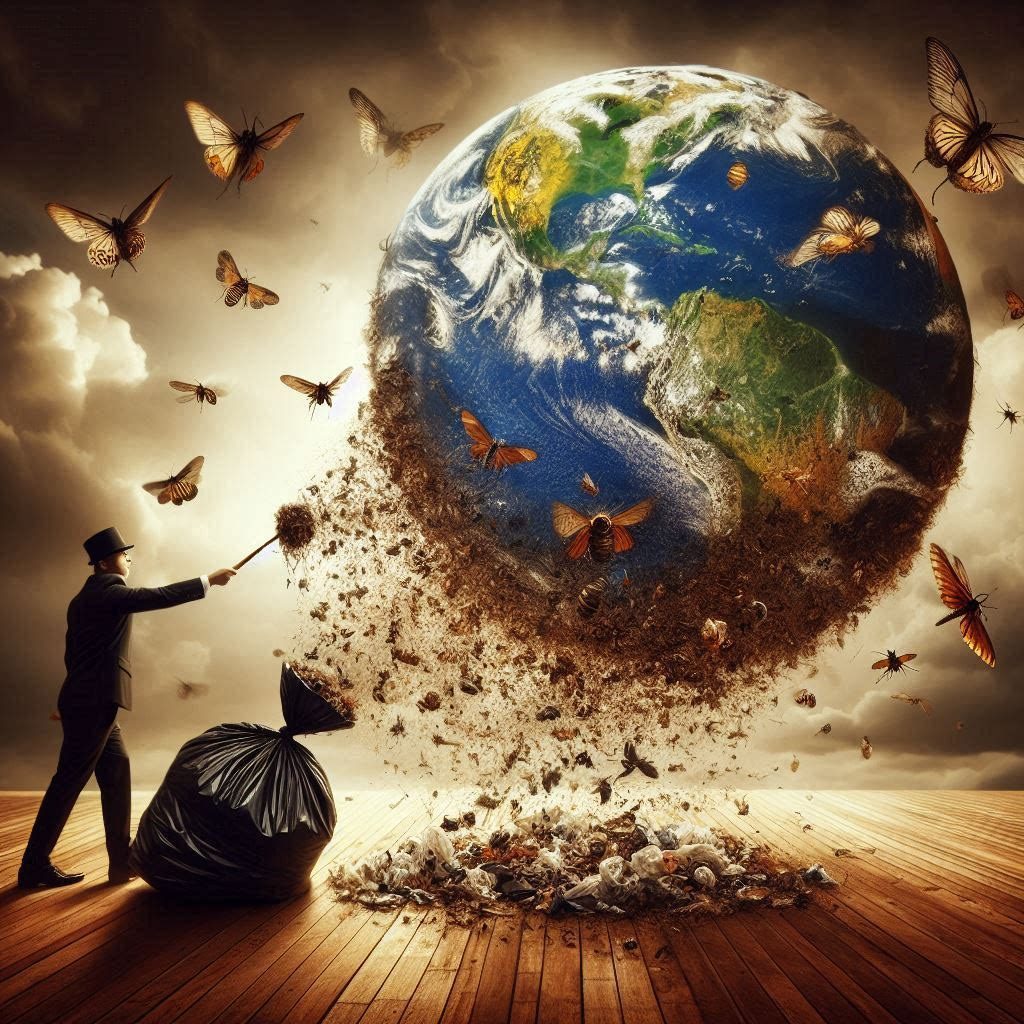

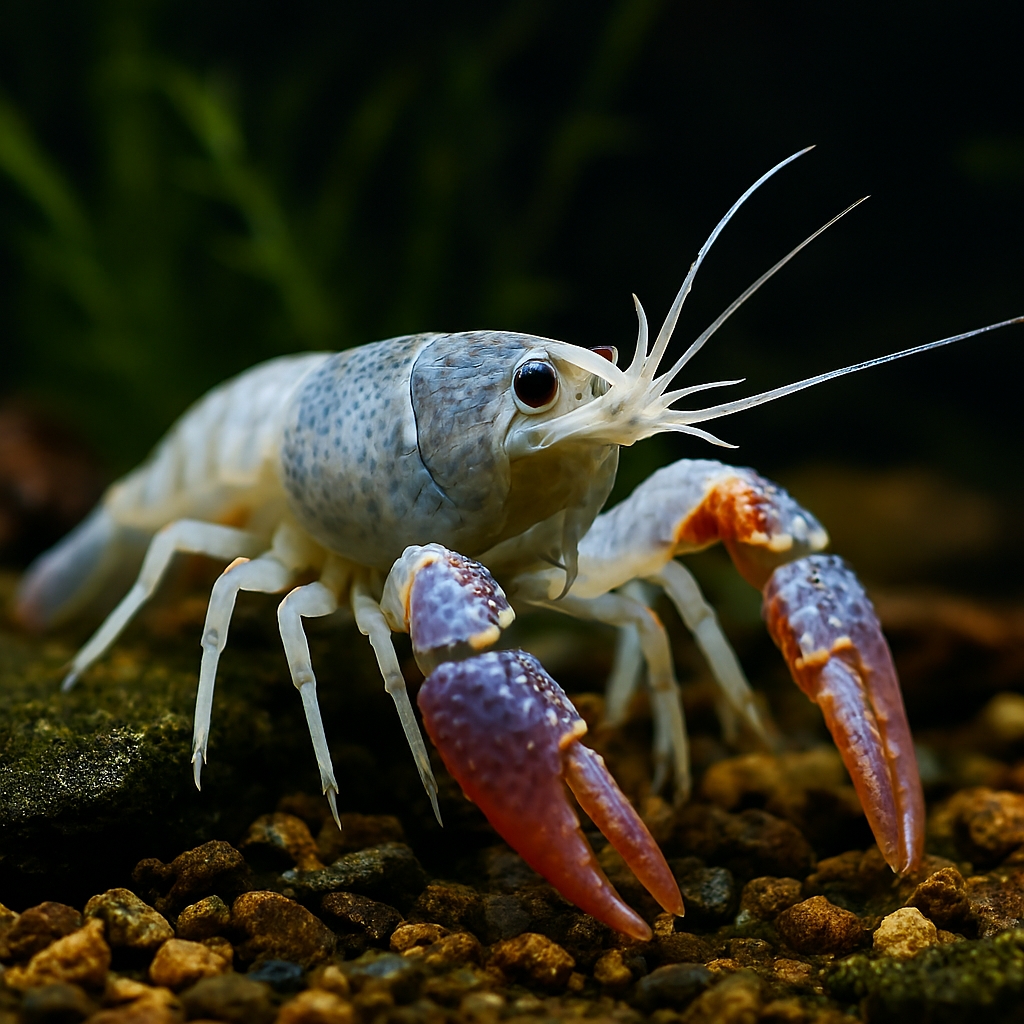
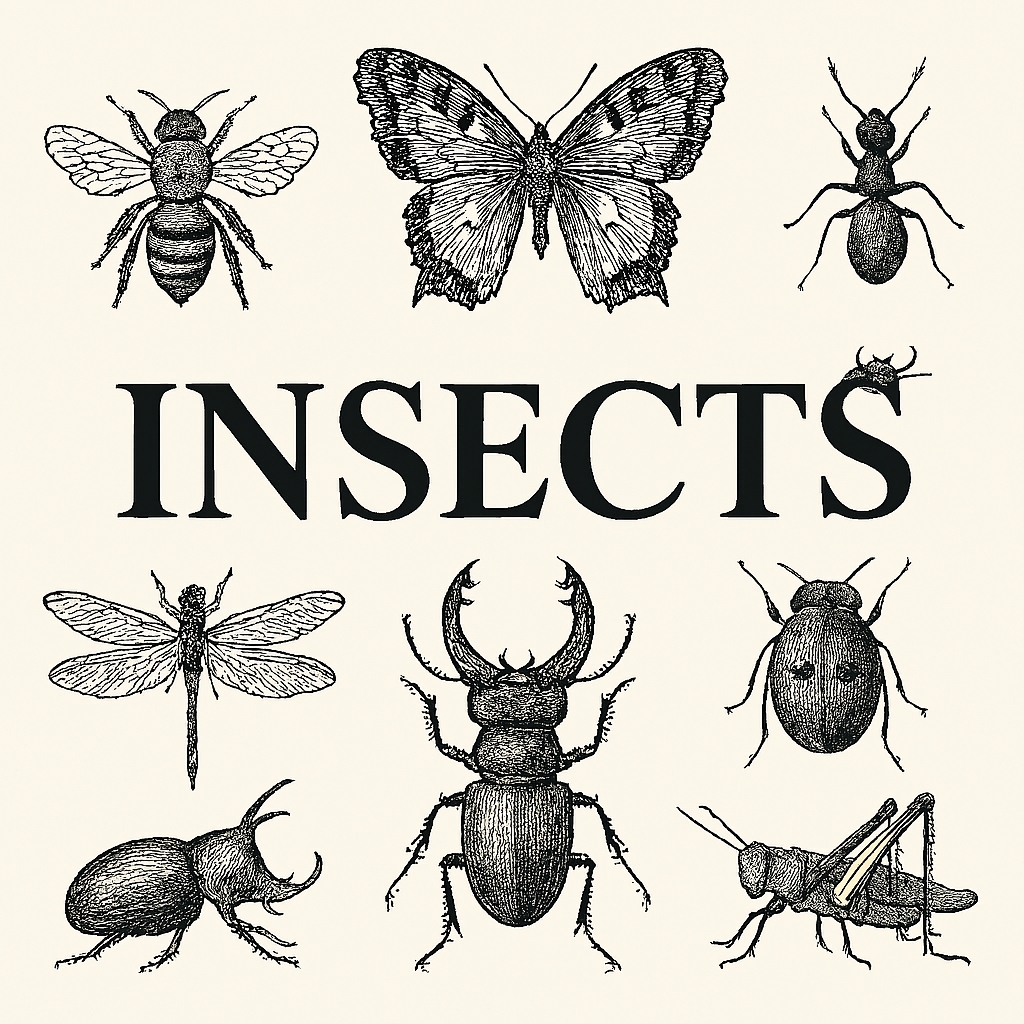







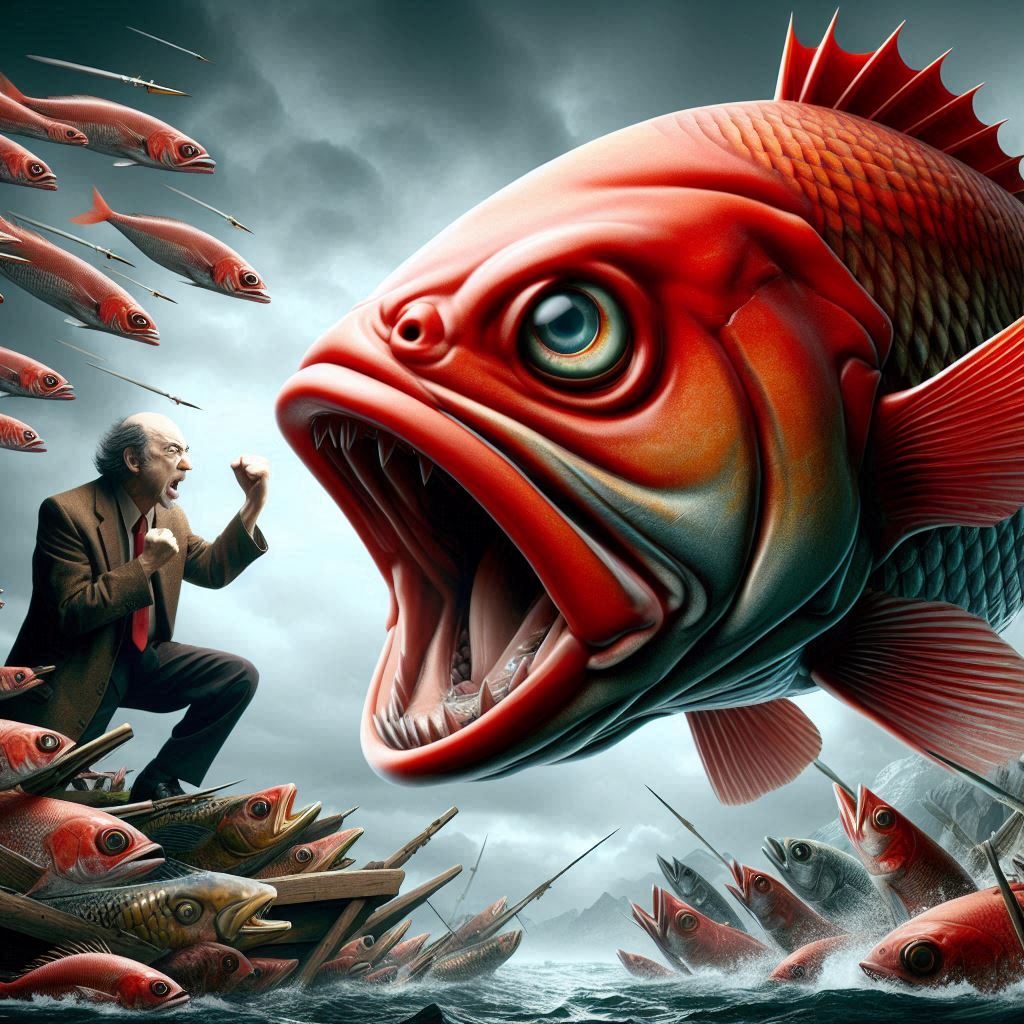


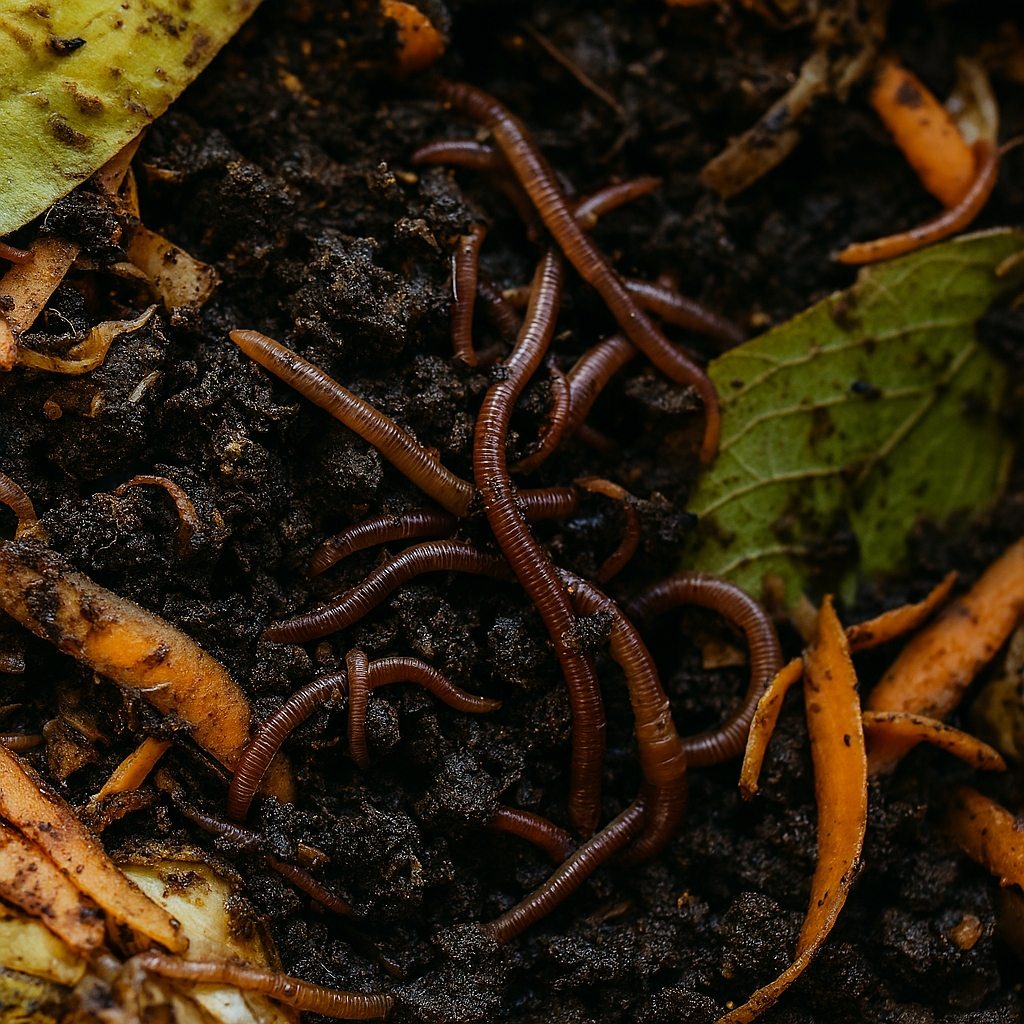

Leave a Reply